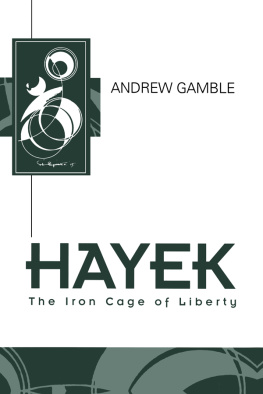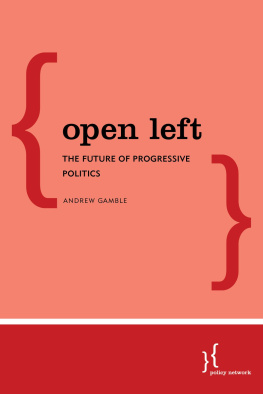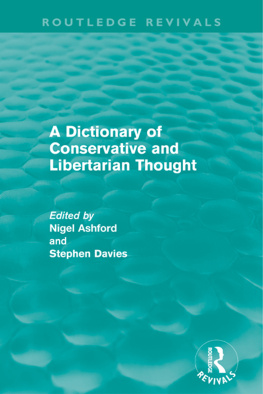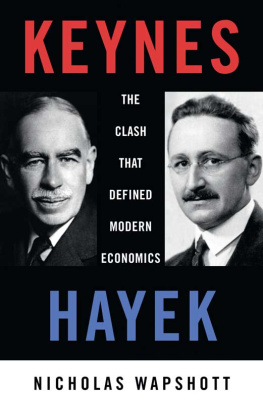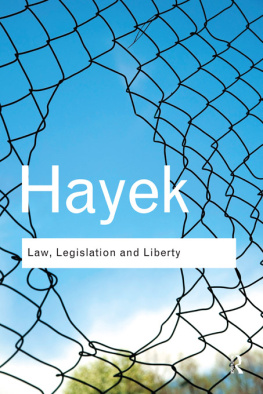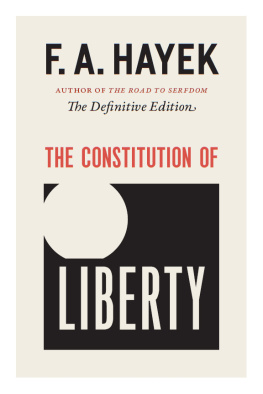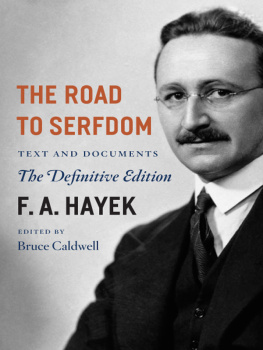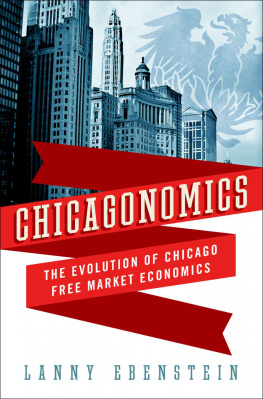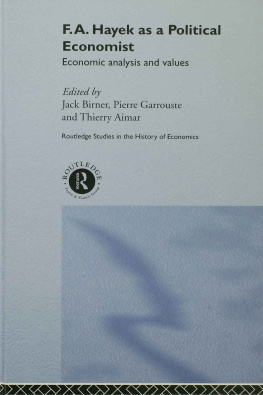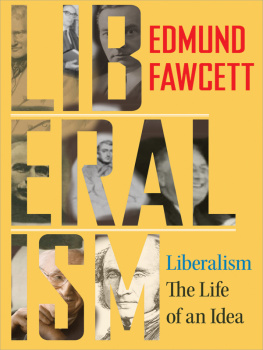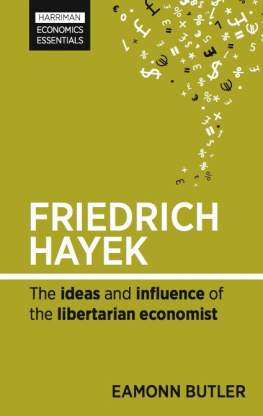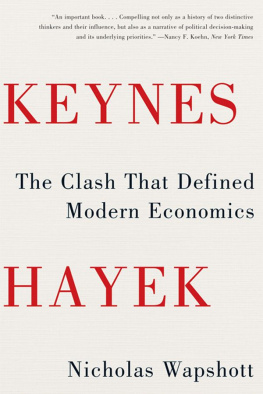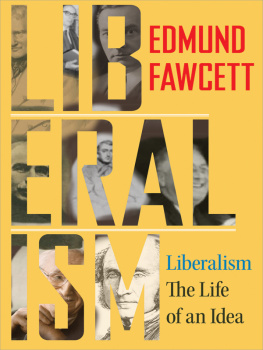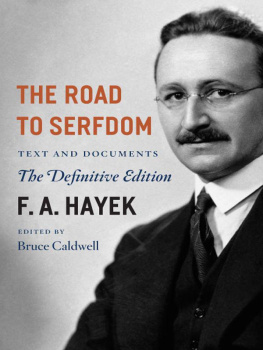Key Contemporary Thinkers
Published
Jeremy Ahearne, Michel de Certeau: Interpretation and its Other
Peter Burke, The French Historical Revolution: The Annales School 19291989
Simon Evnine, Donald Davidson
Andrew Gamble, Hayek: The Iron Cage of Liberty
Graeme Gilloch, Walter Benjamin
Phillip Hansen, Hannah Arendt: Politics, History and Citizenship
Christopher Hookway, Quine: Language, Experience and Reality
Douglas Kellner, Jean Baudrillard: From Marxism to Post-Modernism and Beyond
Chandran Kukathas and Philip Pettit, Rawls: A Theory of Justice and its Critics
Lois McNay, Foucault: A Critical Introduction
Philip Manning, Erving Goffman and Modern Sociology
Michael Moriarty, Roland Barthes
William Outhwaite, Habermas: A Critical Introduction
Susan Sellers, Hlne Cixous: An Introduction
Georgia Warnke, Gadamer: Hermeneutics, Tradition and Reason
Jonathan Wolff, Robert Nozick: Property, Justice and the Minimal State
Forthcoming
Alison Ainley, Irigaray
Sara Beardsworth, Kristeva
Michael Best, Galbraith
Michael Caesar, Umberto Eco
James Carey, Innis and McLuhan
Colin Davis, Levinas
Eric Dunning, Norbert Elias
Jocelyn Dunphy, Paul Ricoeur
Judith Feher-Gurewich, Lacan
Kate and Edward Fullbrook, Simone de Beauvoir
Adrian Hayes, Talcott Parsons and the Theory of Action
Sean Homer, Fredric Jameson
Christina Howells, Derrida
Simon Jarvis, Adorno
Paul Kelly, Ronald Dworkin
Carl Levy, Antonio Gramsci
Harold Noonan, Frege
John Preston, Feyerabend
Nick Smith, Charles Taylor
Geoff Stokes, Popper: Politics, Epistemology and Method
Ian Whitehouse, Rorty
James Williams, Lyotard
Hayek
The Iron Cage of Liberty
Andrew Gamble
Polity Press
Copyright Andrew Gamble 1996
The right of Andrew Gamble to be identified as author of this work has been asserted in accordance with the Copyright, Designs and Patents Act 1988.
First published in 1996 by Polity Press in association with Blackwell Publishers Ltd.
Reprinted 2004, 2007
2 4 6 8 10 9 7 5 3 1
Polity Press
65 Bridge Street
Cambridge CB2 1UR, UK
Polity Press
350 Main Street
Malden, MA 02148, USA
All rights reserved. Except for the quotation of short passages for the purposes of criticism and review, no part of this publication may be reproduced, stored in a retrieval system, or transmitted, in any form or by any means, electronic, mechanical, photocopying, recording or otherwise, without the prior permission of the publisher.
Except in the United States of America, this book is sold subject to the condition that it shall not, by way of trade or otherwise, be lent, re-sold, hired out, or otherwise circulated without the publishers prior consent in any form of binding or cover other than that in which it is published and without a similar condition including this condition being imposed on the subsequent purchaser.
ISBN: 978-0-7456-0744-3
ISBN: 978-0-7456-0745-0 (pbk)
ISBN: 978-0-7456-6634-1 (ebook)
A CIP catalogue record for this book is available from the British Library and the Library of Congress.
Typeset in 10 on 12 pt Palatino
by Graphicraft Typesetters Ltd, Hong Kong
Printed and bound in Great Britain by
Marston Book Services Limited, Oxford
This book is printed on acid-free paper.
For further information on Polity, visit our website: www.polity.co.uk
For Tom, Corinna, and Sarah
While it may not be difficult to destroy the spontaneous formations which are the indispensable bases of a free civilisation, it may be beyond our power deliberately to reconstruct such a civilisation once these foundations are destroyed.
Hayek, The Road to Serfdom
There is simply no other choice than this: either to abstain from interference in the free play of the market, or to delegate the entire management of production and distribution to the government. Either capitalism or socialism: there exists no middle way.
Mises, The Free and Prosperous Commonwealth
Preface
Hayek has long held a peculiar fascination for me, connected as he is with so many of the themes and problems which have interested me since I was a graduate student. Many of these obsessions appear in some form in these pages. David Held first suggested that I should turn some of my thoughts on Hayek into a book. I did not think it would take me as long as it has, and I am conscious of only having scratched the surface of some topics. The more I have explored Hayek, the more aware I have become of the complexity and range of his thought and the difficulty of some of the issues he raises, for which we lack answers. What I have tried to do here is to provide an assessment and a critical analysis of Hayeks achievement, to indicate some of the limitations of his thought, and to suggest why he is still relevant to us.
One of my particular interests in Hayek is his role in the ideological change in the British Conservative party in the 1970s. One of the origins of this book, as well as much other work I have done in the last fifteen years, is the article The Free Economy and the Strong State published in the Socialist Register in 1979. The exploration of Hayek as an ideologue remains one of the central themes of the book. But I have also become interested in the contrast between Hayek the ideologue and Hayek the social scientist, and the extent to which he failed to develop many of his insights because of the ideological closures he imposed on his work. These ideological closures have also been responsible for Hayek not reaching a wider readership. It has been too easy to dismiss him as engaged in a forlorn project to restore the liberalism of an earlier era. I hope to have shown that there is great deal more to Hayek than that.
I have incurred many debts in the writing of this book. An invitation to a Liberty Fund symposium on the relationship between ideas, interests, and circumstances was very valuable at an early stage, and I particularly benefited from conversations with Arthur Seldon, David Willetts, John Burton, and Norman Barry among others about some of the general themes of the book. Others from whom I have learnt a great deal include Raymond Plant, Richard Bellamy, Martin Durham, Hilary Wainwright, Andrew Denham, Rodney Barker, and Jeremy Shearmur. David Miliband invited me to give a presentation on Hayek to an Institute of Public Policy Research seminar which produced a lively exchange, and I have also benefited from seminar discussions at Kobe, Strathclyde, Manchester, Cambridge, the London School of Economics, Edinburgh, and Nuffield.
I owe most of all to the Department of Politics and the Political Economy Research Centre at the University of Sheffield for providing such a stimulating environment in the last few years in which to think about problems of political economy. I am particularly grateful for specific help, comments, conversations, and encouragement from Anthony Arblaster, Tim Bale, Michael Harris, Gavin Kelly, Michael Kenny, Ankie Hoogvelt, David Marquand, Brian McCormick, James Meadowcroft, Tony Payne, and Matthew Sowemimo.
Andrew Gamble
Acknowledgements
The author and publishers wish to thank the following for permission to use copyright material:
Routledge and The University of Chicago Press for extracts from Hayek: The Constitution of Liberty.

